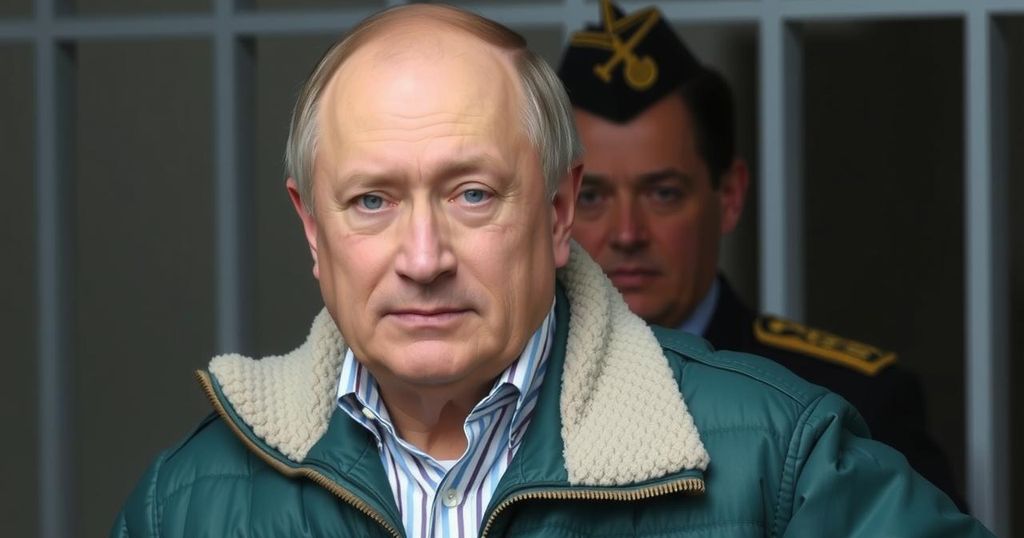Uzbek Man Detained in Connection with Killing of Russian General Igor Kirillov
Russian security services detained an Uzbek man for allegedly assassinating Lieutenant General Igor Kirillov in Moscow. The attack involved a remotely detonated bomb hidden in a scooter. Ukraine has claimed responsibility, asserting Kirillov was involved in chemical weapons war crimes. This incident represents a significant escalation in the ongoing conflict between Russia and Ukraine.
The Russian security services have detained a 29-year-old Uzbek national in connection with the assassination of Lieutenant General Igor Kirillov, the head of the country’s Radiation, Chemical and Biological Protection Forces. Kirillov and his assistant were killed in Moscow when an explosive device positioned on a scooter was detonated remotely. Ukrainian intelligence is alleged to have recruited the suspect, who received a monetary reward and passage to the European Union for his actions.
This incident marks a significant escalation in the conflict between Russia and Ukraine, particularly as it involves a high-profile military figure. General Kirillov was previously accused by Ukraine of being complicit in war crimes related to the alleged use of banned chemical weapons during the ongoing conflict. These allegations coincide with Ukraine’s claims that Kirillov was a legitimate target due to his actions and leadership role. Russia has vehemently denied any violations regarding chemical weapons, maintaining they eliminated their stockpiles by 2017.
The assassination of General Kirillov highlights the intense and escalating hostility between Russia and Ukraine, and it serves as a notable moment in the ongoing conflict. With Ukraine claiming responsibility, and the Russian government indicating it will take the matter before the United Nations Security Council, the incident underscores the gravity of the geopolitical tensions at play. Both nations continue to accuse one another of various wartime atrocities, further straining international relations and complicating diplomatic efforts.
Original Source: www.bbc.com




Post Comment